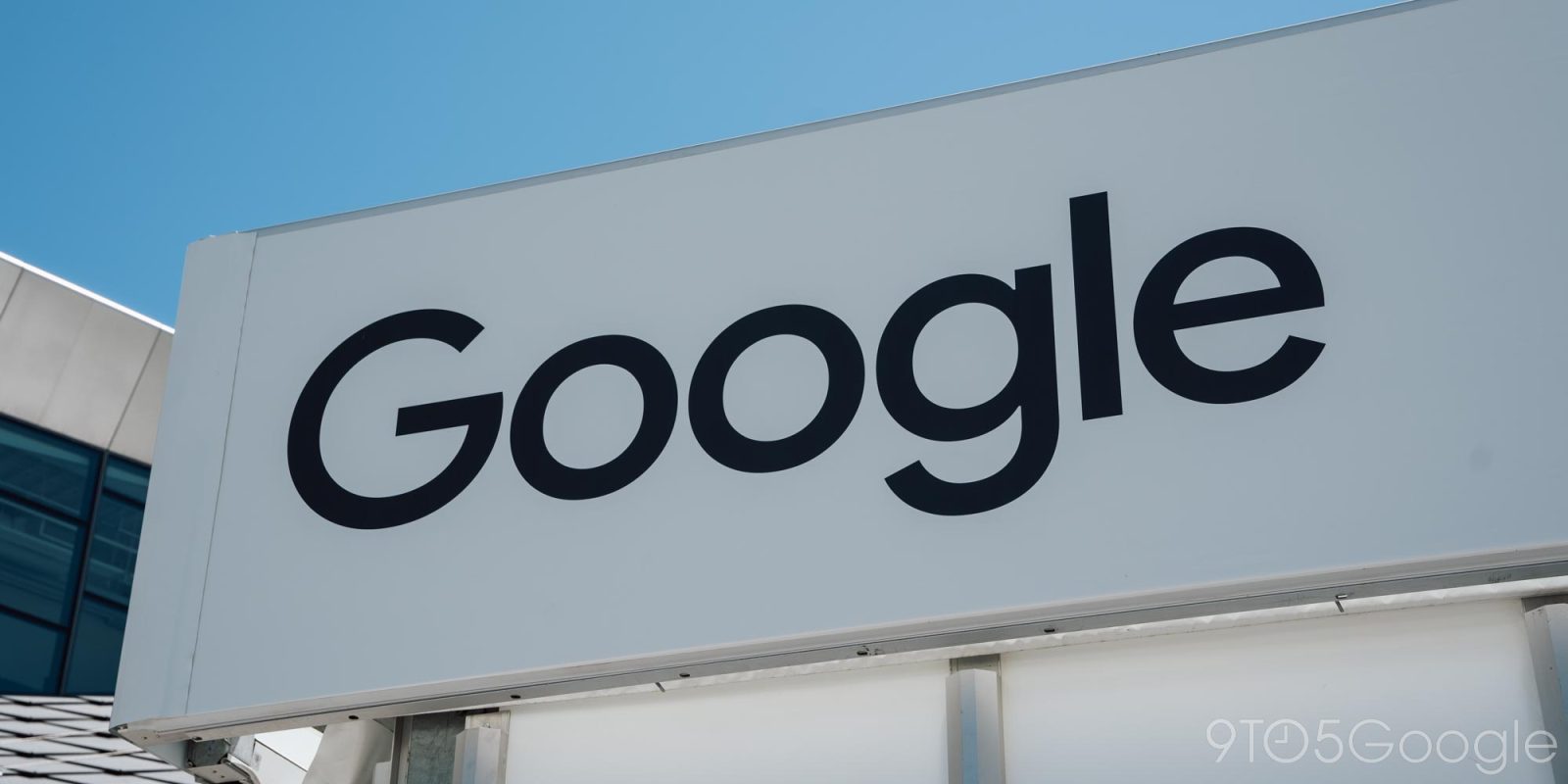
The US Justice Department might recommend to a federal judge that Android and/or Chrome be spun off (“structural remedies”) among other possible antitrust solutions, with Google today arguing against that.
Back in August, Google was found to have a monopoly over online search. A judge is set to decide remedies next year, with the Department of Justice offering possible options.
Ahead of that deciding trial in the spring, the DOJ today, as expected, offered an outline of what it might ultimately recommend to the judge:
…considering behavioral and structural remedies that would prevent Google from using products such as Chrome, Play, and Android to advantage Google search and Google search-related products and features—including emerging search access points and features, such as artificial intelligence—over rivals or new entrants.
Google today said “splitting off Chrome or Android would break them”:
Breaking them off would change their business models, raise the cost of devices, and undermine Android and Google Play in their robust competition with Apple’s iPhone and App Store.
On the Search front, the DOJ is considering making Google offer an API that lets competitors access:
- “…the indexes, data, feeds, and models used for Google search”
- “…Google search results, features, and ads, including the underlying ranking signals, especially on mobile.”
Besides advertising-specific remedies, other possible options are:
- “…prohibit Google from using contracts or other practices to undermine rivals’ access to web content and level the playing field by requiring Google to allow websites crawled for Google search to opt out of training or appearing in any Google-owned artificial-intelligence product or feature on Google search such as retrieval-augmented-generation-sourced summaries”
- …considering remedies that would require Google to provide support for educational-awareness campaigns that would enhance the ability of users to choose the general search engine that suits them best.”
Overall, Google’s counter is that the proposed DOJ remedies are too broad:
We believe that today’s blueprint goes well beyond the legal scope of the Court’s decision about Search distribution contracts. Government overreach in a fast-moving industry may have negative unintended consequences for American innovation and America’s consumers. We look forward to making our arguments in court.
After the spring trial, the judge overseeing the case is set to make a decision by August 2025. Afterwards, Google can start its appeal, with those remedies likely placed on hold until the process plays out.
Updating…
FTC: We use income earning auto affiliate links. More.




Comments